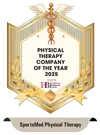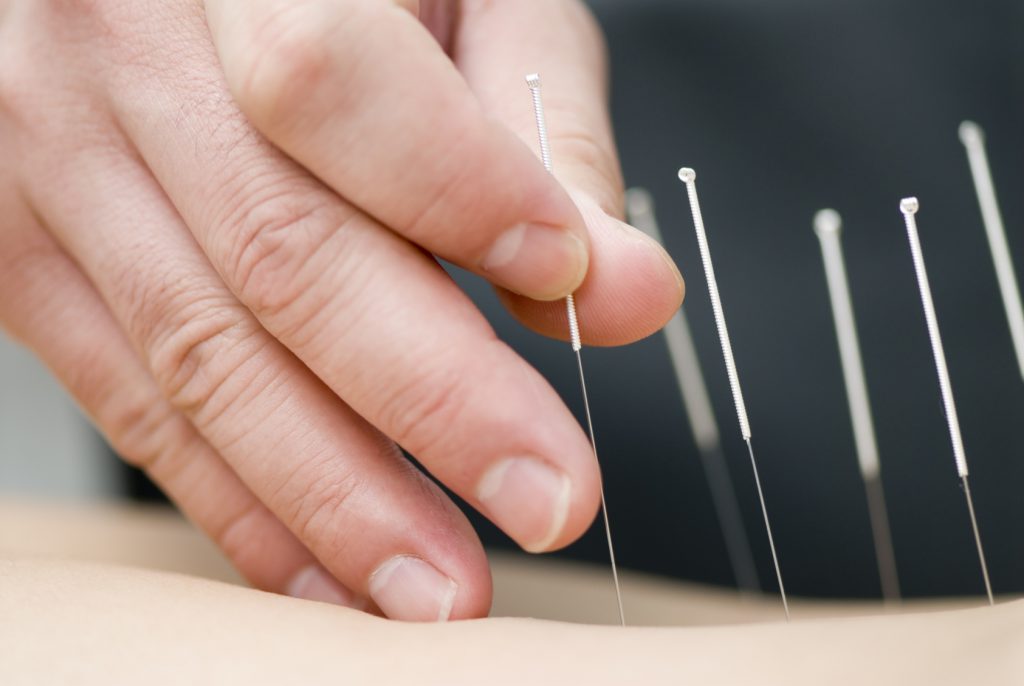Many of you may have seen acupuncture in movies and shows, where doctors place dozens of needles into a person’s back, face and arms. Although it may seem painful and even gimmick-like, acupuncture is a historical healing technique which dates back to thousands of years with a wide variety of purposes. If you are suffering from physical discomfort, perhaps acupuncture for aches and pains can provide you some relief.
Acupuncture originated from ancient China around 3,000 years ago by healers and works by providing self-healing through stimulating specific acupuncture points. The points are stimulated by either inserting those needles you see or by massaging and cupping (placement of suction cups) those specific points. For the needles, the use of heat and electrical stimulation will help enhance the effects of acupuncture further, leading to greater efficiency and effectiveness.
Without getting into the specifics on the philosophy of acupuncture for aches and pains, traditional Chinese medicine, acupuncture therapy has been for years recognized as an alternative form of treatment for the body. Through acupuncture, one’s nervous system, immune system, digestive system and physical body parts such as muscles and joints can be positively affected, helping to alleviate pain, improve sleep and general well-being.
During each session, the specialist will first physically perform some examinations to assess your well-being and the underlying problems that could be causing you pain and aches in your body. From there, he or she will determine the points that need to be stimulated and insert the needles in the specific points. Each session can last anywhere from five to thirty minutes and you may experience a mild discomfort when the needles are inserted. After a while, you should feel relaxed and symptoms of pain in your affected areas is likely to subside immediately.
Depending on the severity of the existing problems you may have, acupuncture can take a few sessions to work. In a sense, you may not be as involved in acupuncture as compared to visiting a physical therapist as there would be no work to be done on your part. This could suit you better if you lead a very busy lifestyle and don’t have time to perform exercises at home such as in the case of physiotherapy. Nonetheless, it has been noted that acupuncture may not work for everyone, so keep your expectations in check if you intend to give this treatment a shot.




